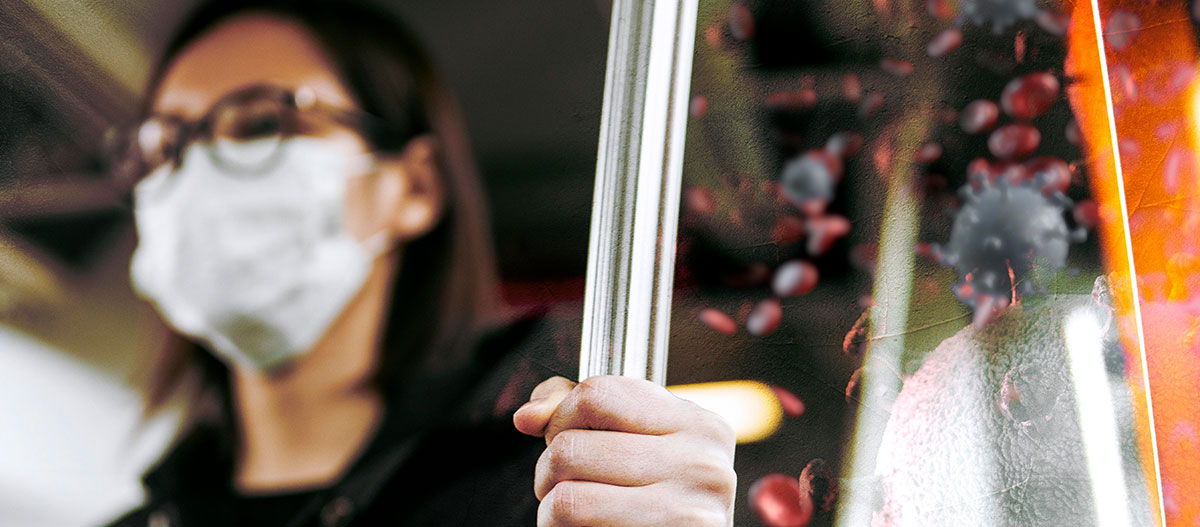The Covid-19 pandemic hit Malaysia at a time when the country was in the midst of a political upheaval, with the government of the day changing after several unexpected political moves were made. Tan Sri Muhyiddin Yassin was appointed the new Prime Minister on Feb 29 and sworn in a day later.
As Prime Minister, Muhyiddin’s first task was to fight the spread of Covid-19 in the country. On March 16, he announced the imposition of a movement control order (MCO), to begin on March 18, that stopped all but essential services – hospitals, grocery stores, food services, security, etc – from operating, banned interstate and foreign travel, and kept people at home. Since then, there have been various adjustments to the MCO in response to the number of Covid-19 cases, and Malaysia is now in a more relaxed recovery MCO period with most businesses open.

As at June 14, there were 8,453 cases with 121 deaths in the country. Malaysia has a less than 2% fatality rate, which is much lower compared with Indonesia’s rate of 5.6% – the other big South-East Asian country.
While Singapore has been lauded for its response to the pandemic, it is still witnessing regular spikes in cases. With 40,604 cases (and 26 deaths), it has the highest number of positive cases in South-East Asia, followed by Indonesia with 38,277 cases (2,134 deaths) and the Philippines with 25,930 cases (1,088 deaths). Malaysia has the fourth highest number of cases followed by Thailand with 3,134 cases (58 deaths), Vietnam with 334 cases (no deaths reported), Myanmar with 261 cases (six deaths), Brunei with 141 cases (two deaths), Cambodia with 128 cases (no deaths reported), and Laos with 19 cases (no deaths reported). (Figures as at June 14.)
Malaysia’s success in dealing with the pandemic has gone underappreciated so far. This is particularly significant in light of the fact that South-East Asia watchers have expressed apprehension about the reliability of data coming from the CLMV countries (Cambodia, Laos, Myanmar, and Vietnam). Also, countries such as Vietnam have been accused by some of using undemocratic methods in controlling the pandemic and apprehensions have been raised about Indonesia, Laos and Myanmar hiding case data.
Over the past 12 weeks in Malaysia, the MCO has proved effective in arresting the spread of Covid-19. Social distancing, effective communication and an awareness drive not only helped lessen fear among people but also helped flatten the curve of the infection rate. With greater transparency, sharing of data through regular press briefings, and sticking to democratic principles in ensuring people’s compliance, the government has proved effective in containing the pandemic. Malaysia also defies the narrative that only authoritarian governments are managing the crisis effectively.
However, some critics have pointed out that the country is currently facing a procedural democratic challenge, as the Perikatan Nasional government has not yet secured a vote of confidence in Parliament. References have also been made to the abbreviated parliamentary meeting on May 18. However, such issues are more a matter of procedure than a norm in contemporary Malaysian politics. The role played by Health director-general Dr Noor Hisham Abdullah becomes prominent in this context. Also, the proactive role played by the Yang di-Pertuan Agong, the Constitutional head of state, must not be overlooked in assessing Malaysia’s response to the Covid-19 pandemic.
Malaysia’s response may be characterised as transparent and based on effective communication with people, aimed at winning their trust – the Health Ministry, for example, used Twitter and other means to reach out to people and provide information daily. Trust was manifested in the fact that unlike several other Islamic countries in the world, Malaysia did not face difficulty in stopping people from congregating in mosques during Ramadan.
Also, the government’s stimulus packages are in tune with addressing people’s concerns. Three packages totalling RM280bil have focused on the people’s welfare with considerable amounts allocated to people-centric sectors such as tourism and small and medium enterprises.
Since late March, Covid-19 hotspots have been quarantined and mobile testing units have also been deployed. The government has relied on the Gerak Malaysia and MyTrace apps to trace infected individuals, following a mix of targeted testing and contact tracing. This approach is aimed at “breaking the chain of infection” by using smartphone-based apps.
Not surprisingly, Malaysia ranked fourth in a global survey on public approval of how governments are handling the Covid-19 crisis, leaving Indonesia and Singapore behind at seventh position. The survey was conducted between April 3 and 19,2020, by Blackbox, a Singapore-based independent research agency. The sample size comprised more than 12,000 people aged between 18 and 80, across 23 countries.
There is a silver lining to the Covid-19 crisis for Malaysia. The government’s response and ability to contain the pandemic has strengthened people’s trust in the administration. This is a good start, but the government has to take further measures to restore normalcy once the MCO is completely lifted.
DR RAHUL MISHRA
Kuala Lumpur
Note: The writer is a senior lecturer at Universiti Malaya’s Asia-Europe Institute
The article was first published in The Star on 15 June 2020.
Last Update: 11/11/2021